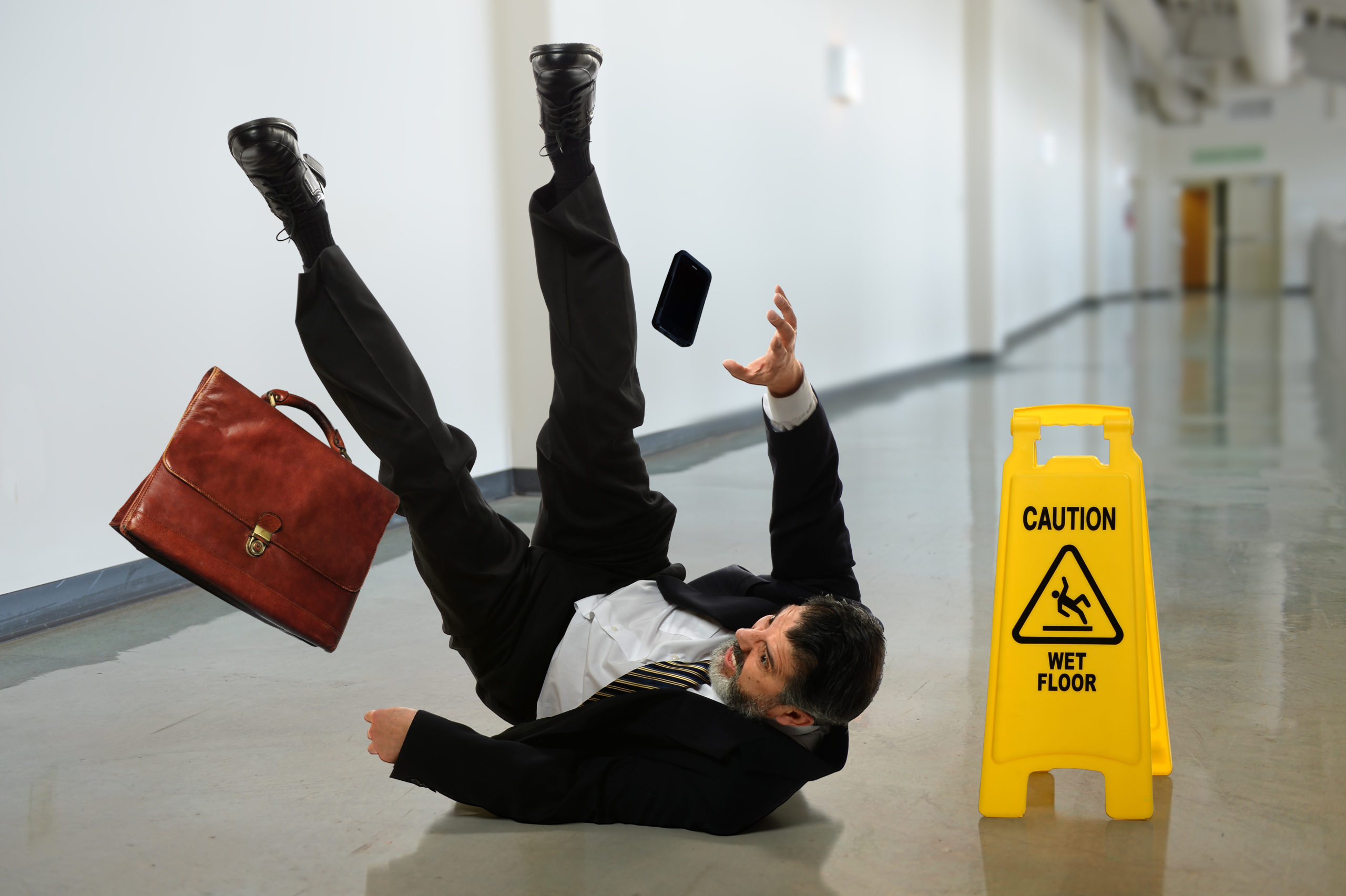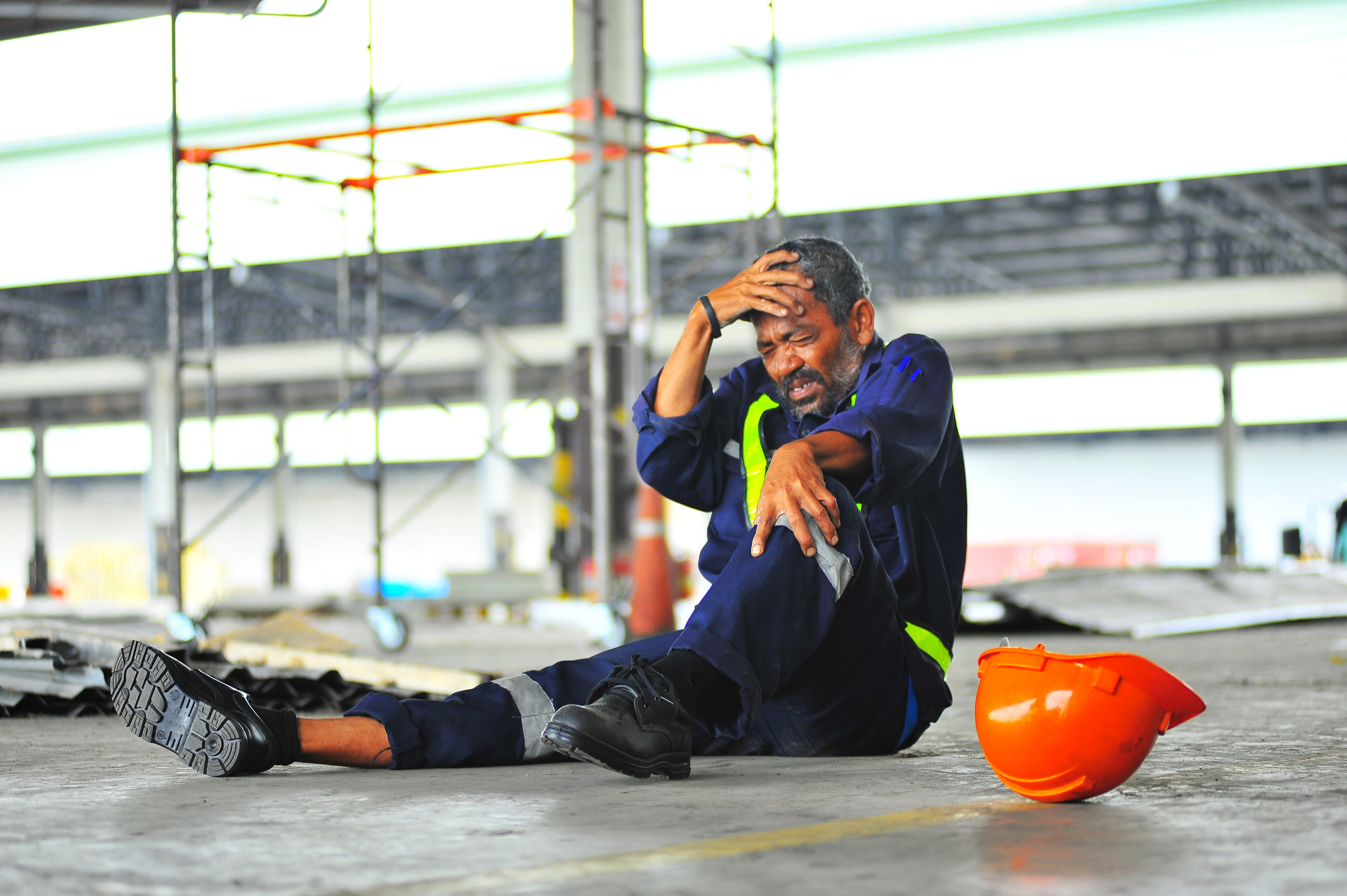
Top 4 Defenses in North Carolina Premises Liability Cases

As a North Carolina business owner, you focus on an array of tasks, strategies, and operational issues to put your company in the best position to succeed. As you work with other stakeholders to achieve your business objectives, you may overlook one important aspect of maximizing your organization’s potential: The risk of civil claims arising out of accidents on property. Such a mistake could prove to be costly according to statistics compiled by the US Centers for Disease Control and Prevention (CDC): Almost 9 million victims seek care in emergency departments for slip and falls and other unintentional injuries, any of which could occur on your business premises.
If you find yourself in such a position, you know that it is important to aggressively protect your company’s interests. There are numerous strategies you can develop with help from a North Carolina premises liability defense and litigation lawyer, including:
- Lack of Proof: Your first opportunity to fight allegations in a slip and fall claim is attacking the evidence that the plaintiff presents in its case-in-chief. In a premises liability case, a plaintiff is required to prove that:
- The property owner had a duty to ensure that the space is safe for those who enter;
- This individual or entity breached the legal duty by allowing dangerous conditions to remain on the property;
- The breach of duty was the direct cause of the accident in which the victim was injured; and,
- The victim sustained losses after being hurt.
Through your attorney, you can attack each of these elements by contesting the evidence and cross-examining the plaintiff’s witnesses.
- Trespassing: As in most US states, North Carolina prohibits a victim from recovering compensation if he or she was illegally present on the property when the slip and fall accident occurred. The theory is that someone should not be rewarded for engaging in unlawful activity, and trespassing is a crime.
- Contributory Negligence: Closely tied to trespassing is North Carolina’s statute on contributory negligence, which bars a claimant from obtaining monetary damages if his or her own conduct was a factor in causing the accident. For instance, in a premises liability case, the law could be used as a defense where the victim:
- Ignored a warning sign about a dangerous condition;
- Slid down a banister and fell;
- Was intoxicated; or,
- Otherwise contributed to his or her own injury.
- Statute of Limitations: There are time restrictions on premises liability claims, so a claimant must comply with North Carolina statute of limitations for personal injury cases. By law, a victim is required to file a lawsuit in civil court within three years, and the clock starts to run on the date of the slip and fall accident. If a person allows the statute of limitations to expire, a property owner can use this factor as a premises liability defense. Note that there are some exceptions that “toll” or stop the statute from running, such as where the victim was a minor.
Consult with a North Carolina Premises Liability Litigation Attorney About Defenses
For more information on defense options after someone is hurt on your company’s property, please contact Mullen Holland & Cooper P.A. Our team has extensive experience defending North Carolina businesses facing civil claims from injured victims, and we put your organization first when developing a strategy to fight the allegations. We can provide additional details after reviewing your circumstances, so call 704.864.6751 or visit our website to set up a consultation with a premises liability defense attorney. Our lawyers serve clients throughout Western North Carolina and Upstate South Carolina from our office in Gastonia, NC.






